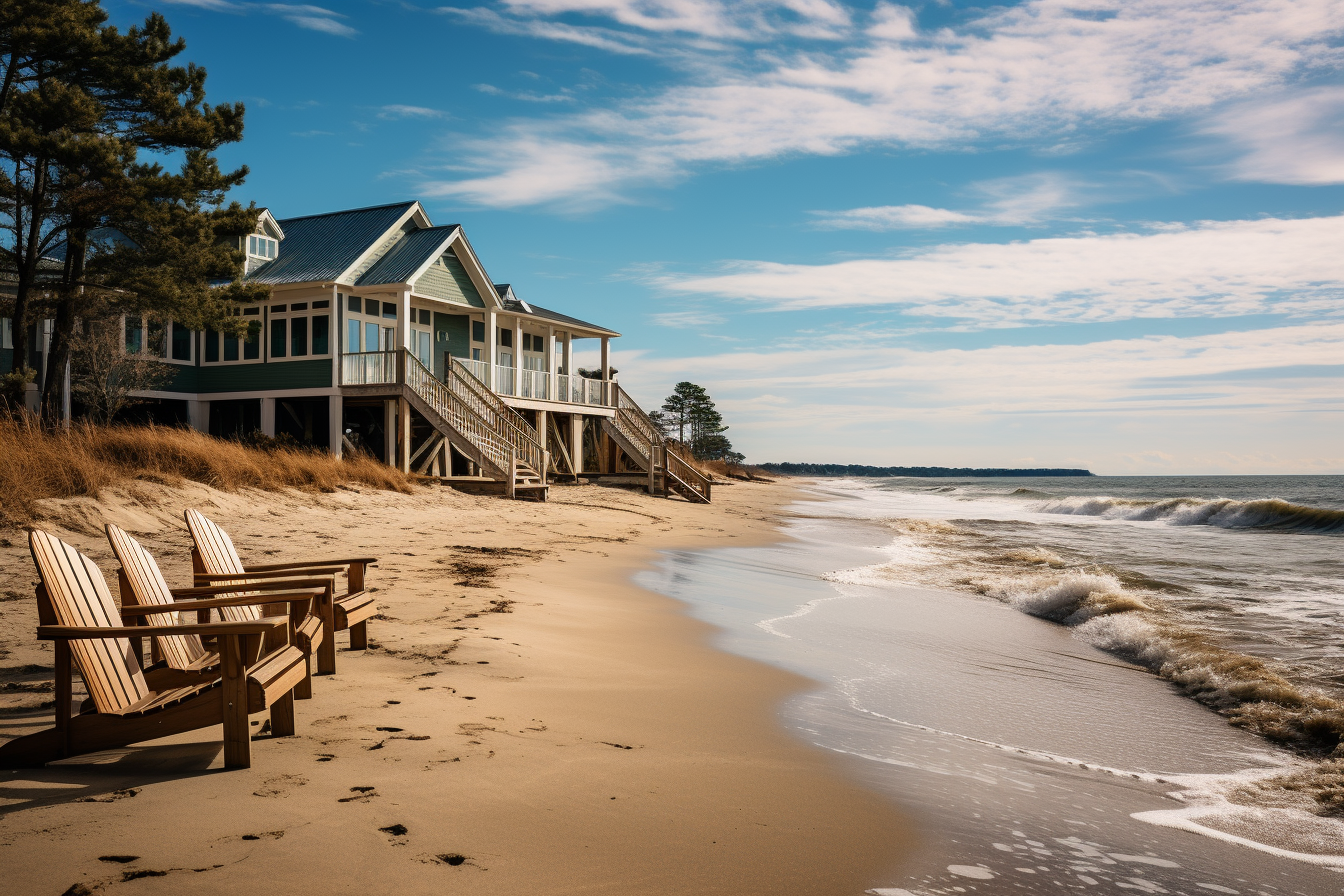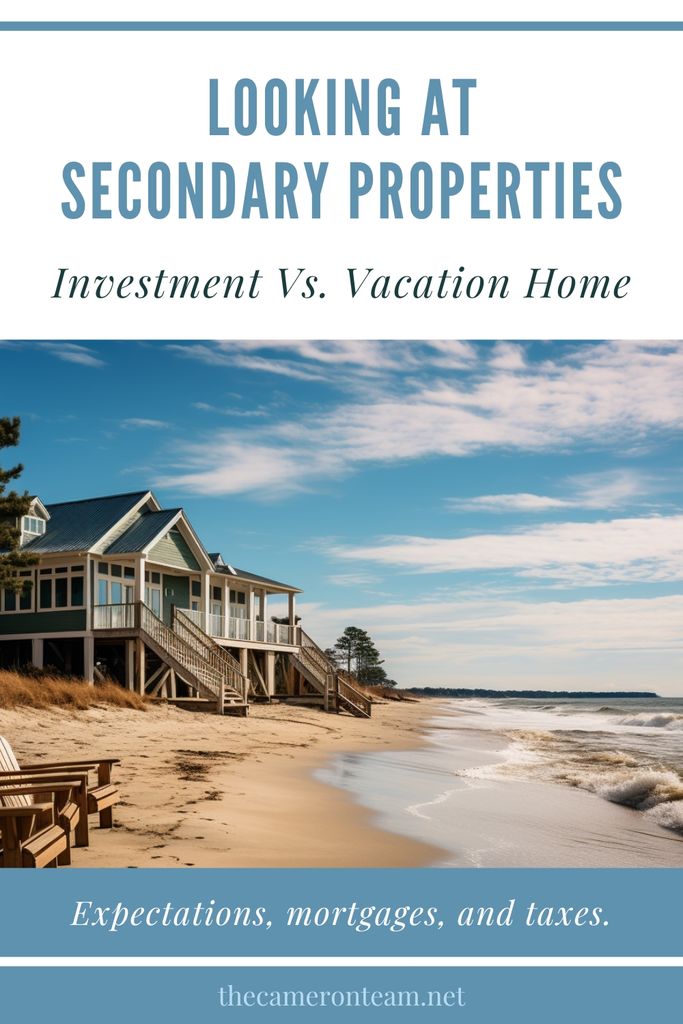The realms of real estate are diverse and vast, offering a plethora of opportunities for both individual and collective investors. Two such avenues that often pique the interest of real estate enthusiasts are investment properties and vacation homes. While seemingly similar, these two types of properties serve different purposes and come with distinct financial implications. This article aims to delineate the differences between an investment property and a vacation home, shedding light on their unique characteristics.
What is an Investment Property?
An investment property primarily serves as a vehicle for generating income. Investors purchase these properties with the intent of earning a return either through rental income, the future resale of the property, or both. Common examples include residential rental properties, commercial properties, and industrial properties. These investments require a keen understanding of market dynamics, as the investor’s objective is to ensure that the property appreciates in value over time, and/or generates a steady income through leases or rentals. Investment properties often demand a substantial amount of management, especially if they are rented out, and investors need to consider factors such as maintenance, tenant management, and local property laws.
Long-Term Vs. Short-Term Rentals
Short-term and long-term rentals differ primarily in tenancy duration, with the former spanning days to weeks, akin to hotel stays, and the latter extending over months to years. Legally, they fall under different frameworks, with long-term rentals often governed by tenancy laws, providing more stability for tenants, while short-term rentals are under transient occupancy laws similar to hotels. Financially, short-term rentals can yield higher daily rates but require higher management intensity due to frequent turnovers, whereas long-term rentals provide a steady, more predictable income with less day-to-day management. The target market for short-term rentals mainly includes tourists and business travelers, while long-term rentals cater to individuals or families seeking stable housing. The choice between the two can significantly impact an investor’s strategy, community stability, and the level of marketing efforts needed to maintain occupancy. Understanding these differences is crucial for real estate professionals to align with their financial and operational goals.
What is a Vacation Home?
On the other hand, a vacation home is a secondary residence apart from the owner’s primary residence, primarily used for leisure activities such as vacations or weekend getaways. Unlike investment properties, vacation homes are not acquired with the primary intent of generating income. However, owners may occasionally rent them out, but this is not the primary objective. Vacation homes are places where owners and their families can relax, away from the hustle and bustle of daily life. They are often located in tourist destinations or serene countryside locales, providing a sanctuary for relaxation and enjoyment.
Primary Home Mortgages Vs. Secondary Home Mortgages
Financing plays a pivotal role in the acquisition of either an investment property or a vacation home. Primary home mortgages are usually accorded lower interest rates and more favorable terms as compared to secondary home mortgages. This is largely due to the perceived lower risk associated with primary residences, as individuals are more likely to prioritize payments for the roof over their heads as opposed to a secondary or investment property. Additionally, mortgages for investment properties and vacation homes often carry higher interest rates and may require a larger down payment, reflecting the higher risk perceived by lenders.
Taxes on an Investment Home Vs. a Vacation Home
The tax implications for investment properties and vacation homes in the United States are markedly different. Investment properties benefit from a number of tax deductions, including those for mortgage interest, property taxes, and costs associated with managing and maintaining the property. Additionally, investors can benefit from depreciation, which can significantly lower taxable income.
Vacation homes, on the other hand, have different tax rules depending on the usage. If rented out for less than 14 days a year, the income generated is tax-free. However, if rented out for more than 14 days, the owner must report the income, but may also deduct certain expenses. Furthermore, if a vacation home is not rented out at all, mortgage interest and property taxes may be deductible, akin to the primary residence.
In conclusion, while both investment properties and vacation homes offer intriguing avenues in the real estate landscape, their differences are substantial. The choice between the two would significantly depend on an individual’s financial goals, risk tolerance, and lifestyle preferences. Understanding the financial, legal, and tax implications of each can aid potential investors in making informed decisions and aligning their real estate ventures with their personal needs.
Are you interested in purchasing an investment property or vacation home in the Wilmington area? Give us a call or send us a message through our website! We’re happy to answer your questions about buying and connect you with someone to discuss your financing options.




